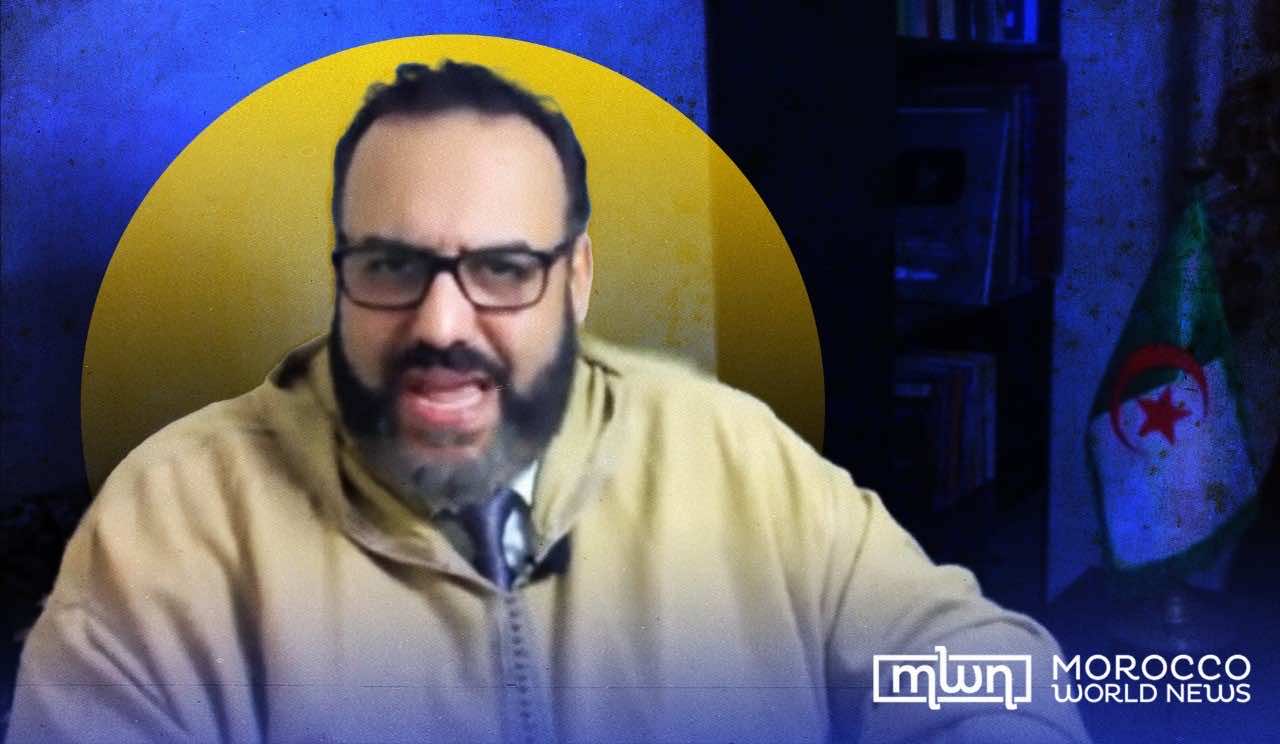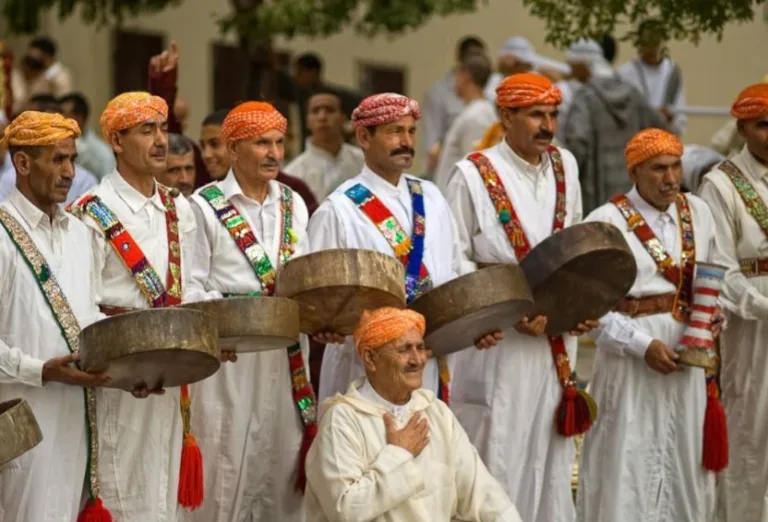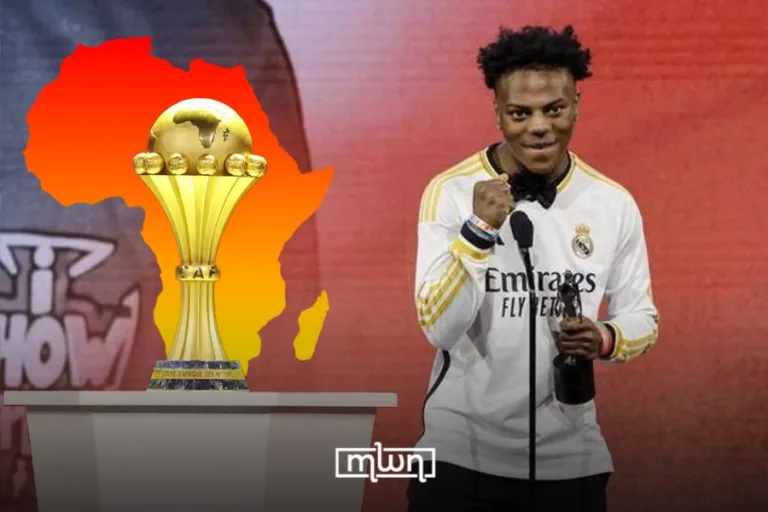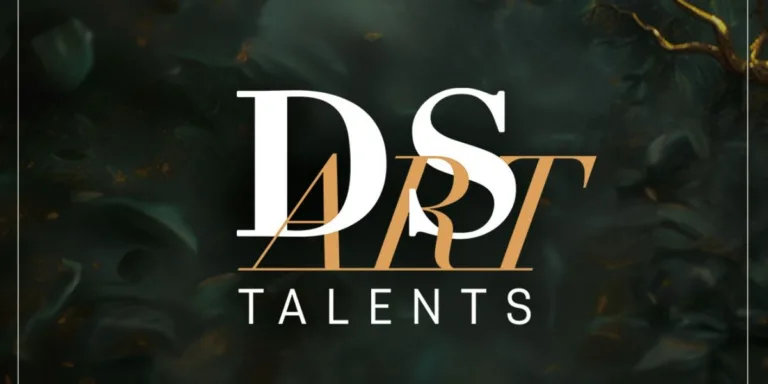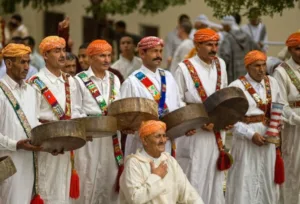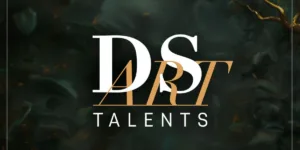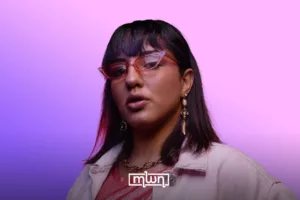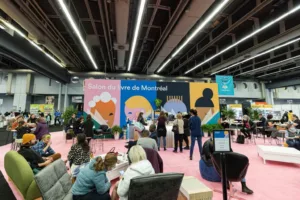Rabat – Algerian journalist Oualid Kebir has said that the traditional Moroccan caftan and djellaba have been appropriated by Algerians, specially the populations in western Algeria.
In a video uploaded to YouTube, Kebir argued that the Djellaba and the caftan entered Algeria from Morocco, and that it is only in recent decades that western Algeria appropriated them.
Algerian social media campaign
Kebir’s video comes in the context of a relentless Algerian campaign of cultural appropriation.
Over the recent few years, there have been numerous cases where Algerians have claimed Moroccan songs as part of Algerian folk culture, with commentators and even senior officials suggesting on social media that the caftan and the tagine are Algerian and not Moroccan.
On another front, “Algerian hackers” have even launched cyberattacks over the last few months on the open-source encyclopedia Wikipedia to change Morocco’s national heritage and spread false information about the country, Moroccan outlet Le360 reported in February this year.
According to Le360, this digital sabotage campaign resulted in 50,000 modifications on Morocco-related Wikipedia pages, with hackers especially targeting Moroccan history and heritage.
Several Moroccans spoke out on social media about the scandalous Wikipedia changes. However, Wikimedia France Foundation, Wikipedia’s hosting company, disregarded the justified allegations.
The president of Wikimedia France stated that he was “aware of the rivalries between Morocco and Algeria,” and added that the modifications were made through French located accounts and not Algerian based accounts — even though one can easily alter one’s location on the web using a VPN.
Moroccan heritage
The Moroccan caftan dates back to the 12th century, during the Almohad dynasty. The sultans of the Almohad dynasty wanted to have a majestic dress reflecting the Moroccan sultan’s status.
The Moroccan caftan is beautifully embroidered, and it is decorated with jewelry with a matching belt around the waist.
Centuries after it became an integral part of Morocco’s culture, the caftan’s popularity has crossed borders, and its beauty is recognized and appreciated all over the world.
Read also: Tariq Ibn Ziyad: The Great Debate – Moroccan or Algerian?
How it all started
In addition to wearing a traditional dress and Hayek before the opening of borders, some women in western Algeria also wore caftan and djellaba. After the borders opened in 1988, however, the Moroccan Djellaba and caftan started to dominate the local attire, according to Kebir.
“This caftan is Moroccan, and Algerian women began wearing it a lot after the borders opened up in 1988,” he emphasized.
As several Moroccan customs and traditions started to spread in Western Algeria after the borders opened in 1988, Kebir stressed in his video, many Algerians started misleadingly claiming these customs as their own. For Kebir, this attitude was due to the fact that, as Algerians gained a unique culture that they did not have before, they wanted to appropriate it.
Other Moroccan traditions that are practiced in Algeria’s western regions include the wedding feasts and Amariya (when the bride and groom are lifted and put on display for their guests).
According to Kebir, the Algerian ruling regime was afraid of the massive effect that Moroccan traditions might have on Algerian people. This is one of the reasons why Algeria now refuses to open borders with Morocco, he argued.
Kebir concluded by saying that if the land borders did not close in 1994, many elements of Algerian life would have been affected by Moroccan culture.
Algeria closed borders
Morocco imposed visa restrictions on Algerian nationals in 1994 after three French-Algerian national gunmen shot dead two Spaniards in a Marrakech hotel.
Morocco accused Algerian intelligence of masterminding the deadly attack. Shortly after, Algeria closed its borders with Morocco.
Borders between the two neighbors have as a result been closed for almost three decades. In recent years, the Moroccan government has signaled its readiness to open the borders by calling for “reconciliation” and a “frank dialogue” with Algiers.
Read also: Algeria’s Irrational Demands for Border Opening With Morocco
But Algiers has flatly dismissed dialogue offers from Rabat, and some senior Algerian officials have unrelentingly recycled Algeria’s allegations against Morocco as the main reason why the Algerian regime is reluctant to open borders.
For Algeria to consider opening borders with Morocco, one Algerian Minister said in an interview last year, Rabat must “take the necessary measures to end the attacks and crimes directed against Algeria through the border crossings, foremost among which is the smuggling of weapons and drugs.”
Since Algeria cut all diplomatic ties with Morocco in August of last year, the Algerian regime has brazenly upped its Morocco-bashing obsession, with the country’s government and media keen to point an accusatory finger at Morocco amid deepening socio-economic crises.

